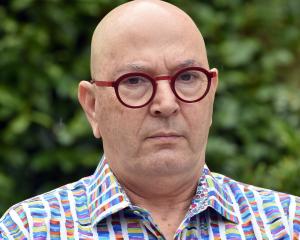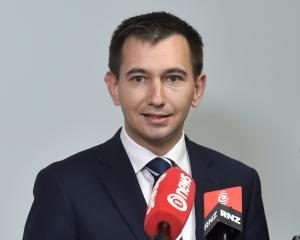
The first annual report of the registrar of the assisted dying service showed more clinicians in the South Island had registered as willing to provide the service than in any other region.
Of the 130 registered clinicians, 44 were in the South Island, comprising 32 attending medical practitioners, 26 independent medical practitioners and five psychiatrists. Some clinicians could perform more than one role.
Doctors and nurses are not required to provide assisted dying, and before the law was changed to allow it following a successful referendum, concern had been expressed that there might not be enough clinicians available, especially in rural areas.
Registrar Kristin Good said that contrary to the experience overseas, the number of medical and nurse practitioners willing to provide assisted dying services had been higher than expected.
There were enough clinicians to meet current demand and the workforce had remained stable since assisted dying became available.
"As with other areas of the health system, the capacity of the workforce has faced some pressures due to the ongoing Covid-19 response," Dr Good said.
"In particular, this has affected ability and willingness to travel to provide the service.
"However, the option for some appointments to be through telehealth has been a helpful solution in some cases and overall Covid-19 has had minimal impact on service access and responsiveness."
The report’s data dated from November 7, when the first application for assisted dying was received, until March 31.
In that time, 206 people had asked for help to die, of whom 164 were already receiving palliative care.
Of the 206 applicants, 66 had had an assisted death.
Of those, 73% died at the person’s home or another private residence, 17% were in aged care facilities, 6% in district health board facilities and 4% in hospice facilities.
Almost all of those people, 56, chose to die via an intravenous injection dispensed by a medical practitioner. The other 10 triggered their death by ingestion or intravenous methods.
Eighty-one people did not continue the process because they were ineligible, withdrew from the process or died of their condition.
Another 59 people were still in the process of assessment or preparation for assisted dying.
The service ruled that 40 applicants were ineligible for an assisted death, either because they did not suffer from a terminal illness that was likely to end their life within six months (26), not in an advanced state of irreversible decline in physical capability (17), not experiencing unbearable suffering unable to be relieved in a tolerable manner (16) or were not a New Zealand citizen or permanent resident (2).
Four complaints had been received about the assisted dying service: two were upheld and closed, one was not upheld, and one was upheld and referred to the Health and Disability Commissioner.
Advertisement













